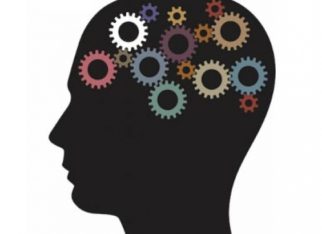Trauma can change families as they work to survive and adapt to their circumstances and environment. When parents are not available or struggling with their own reactions or behavioral and/or physical health problems, they may have trouble staying in tune with their children’s reactions and responses to the traumatic experience.
Research has shown that early trauma can…
• Predict or lead to anxiety, depression, relationship issues, and physiological health outcomes
• Affect the size and functioning of brain structures, which can lead to psychological disorders and physical health problems in adulthood
Children may respond to a parent’s trauma in many ways:
• The “over-identified” child might feel and behave just like his/her parent as a way of trying to connect with the parent. He/she might show many of the same symptoms as the parent.
• The “rescuer” child takes on the adult role to fill in for the parent. The child acts too grown-up for his/her age.
• The “emotionally uninvolved” child gets little emotional help. This results in problems at school, depression, anxiety (worry, fear), and relationship problems later in life.
Talking, laughing, sharing memories and feelings, working together to solve problems, manage stress, and planning for each day are necessary for reconnecting, resilience, and recovery from traumatic stress. To learn more about how we can help you or your loved one overcome a challenging time, call us at (215) 487-1330. Our trained clinicians offer individual, family, and couples therapy for children, adolescents, and adults.
Blog Author: Cristina Sperrazza, M.A., M.S.


